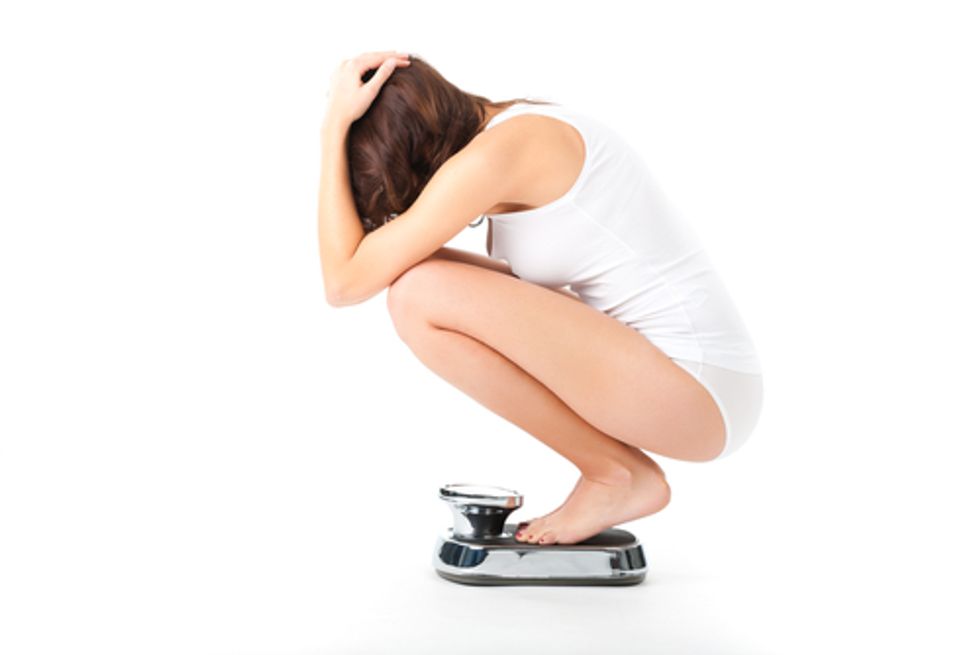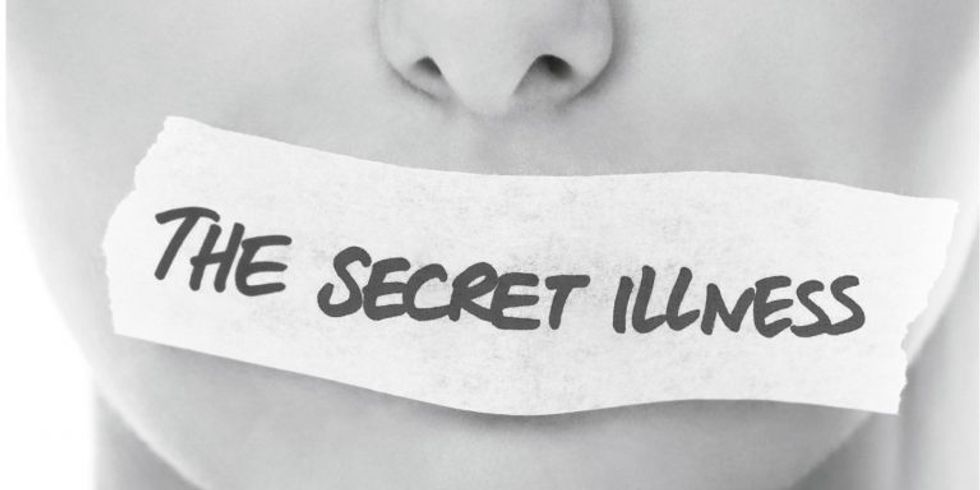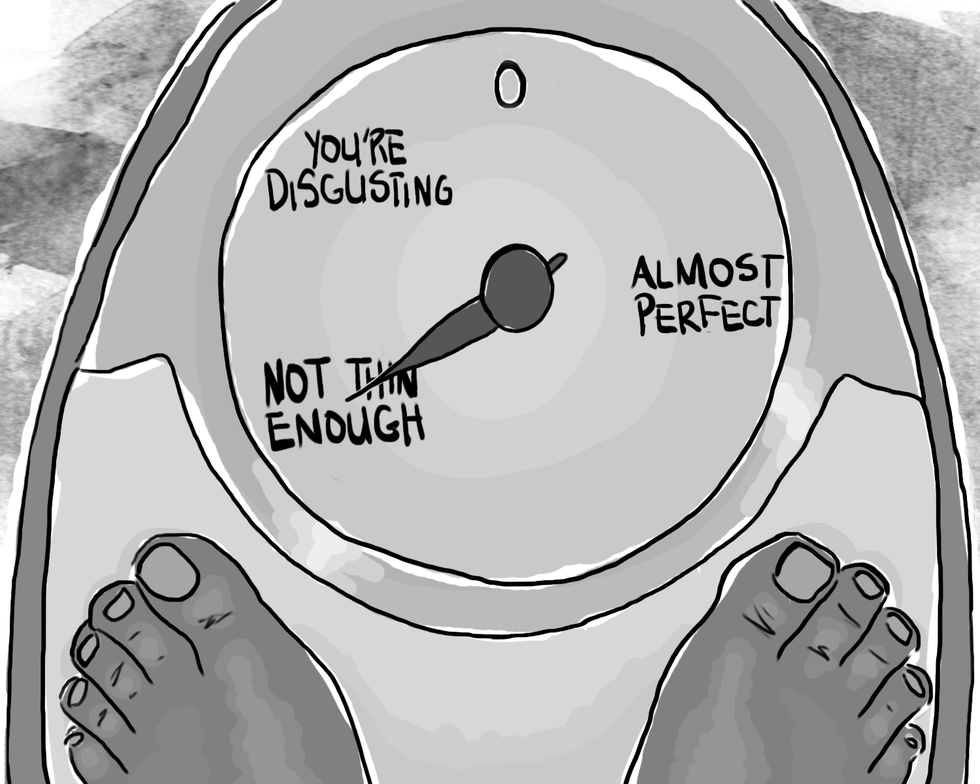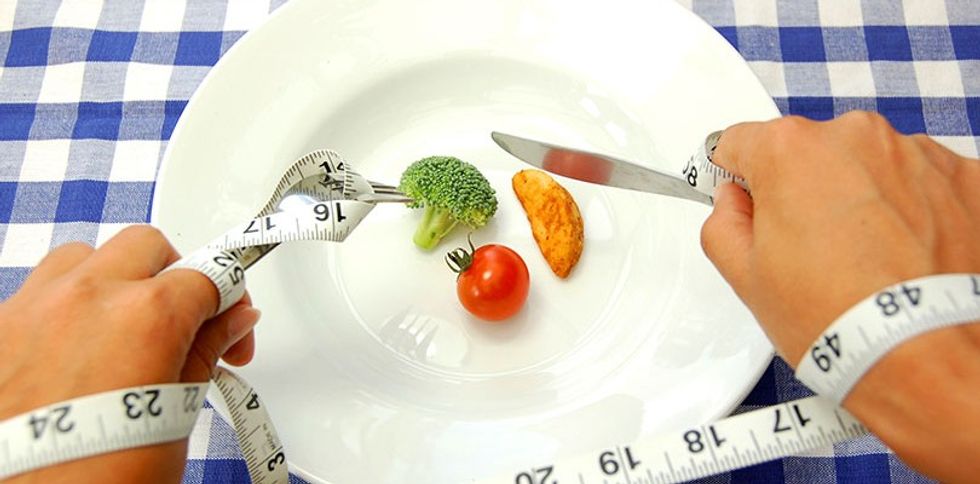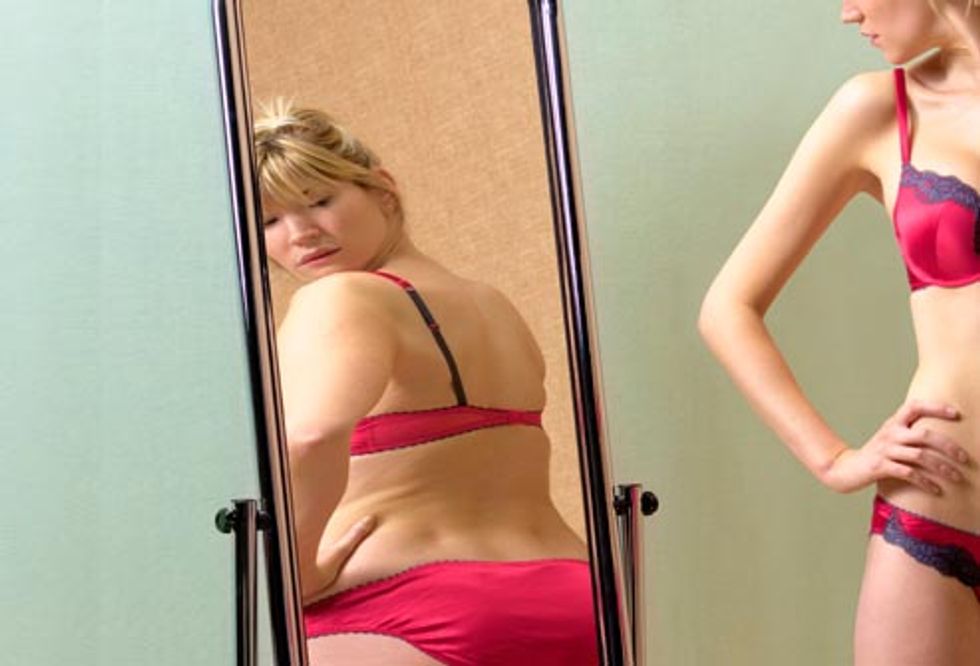Eating disorders are widely misunderstood illnesses. It makes sense, though, seeing as how they are often not talked about, how they are just swept under the rug with the rest of the uncomfortable topics we would rather avoid. People can't be expected to know things they haven't been taught or experienced in some form or another! That being said, I took what I and others I have met in my journey wished that more people knew about eating disorders. Hopefully, just maybe, the more people understand, the more they willing and able to support and aid those fighting for recovery.
1. Eating disorders are not diets gone wrong.
2. You don’t have to be underweight/overweight to have an eating disorder.
Looking healthy on the outside doesn’t mean we are well mentally/emotionally. It's a sneaky illness. Don’t assume that because you can’t tell someone has an eating disorder by looking at them, they must be over it. Getting to a healthy, stable weight is important, yes, but that is just treating a symptom, not curing the disease. Recovery is NOT just about restoring weight.
3. Eating disorders are crippling.
The smallest of things, things that would be no big deal to most people -- going out on a date, going to big get-togethers with friends or family, or even doing something that involves a last minute change of plans -- take so much effort for those with eating disorders. We can become mentally, physically and emotionally exhausted by doing something that others find relaxing or enjoyable.
4. Eating disorders aren’t exclusive.
Race, gender, age, etc. don’t matter to eating disorders. Given the right brain chemistry and the right circumstances, anyone can be fair game.
5. Eating disorders override our greatest defense: our rational brains.
Seriously. It doesn’t matter if some rational part of us knows that what our eating disorders are telling us is false, or that the way we view ourselves is skewed by the oh so lovely wiring of our brains -- the eating disorder takes over that rational part of our brains, making us believe the irrational thoughts of the disorder more and more, until the line between what is true and what is false is completely gone.
6. Eating disorders can turn us into people we aren’t.
They don’t just mess with our food/eating patterns; they take over our whole lives. For me, this meant I turned from an outgoing, socially inclined, empathetic person into an isolated, self-focused girl who was incapable -- and terrified -- of any sort of deep emotion. E.D. took control, stealing my personality and burying it so deeply beneath the surface that I didn’t really know who I was anymore.
7. It’s all about food; it has nothing to do with food at all.
Again, the obsessions with weight and food are not the problems in and of themselves; they are symptoms of the underlying issue(s).
8. Eating disorders are diverse.
No one has the same exact experience -- one person’s struggle with anorexia might be centered on restriction, while another person who struggles with anorexia might deal with urges to restrict as well as to binge and purge. Each person will face their own journey, their own manifestation of the illness, which can make eating disorders difficult to treat because there is no cookie-cutter outline for treatment of disorders that vary so widely.
9. Our perspective of ourselves is so extremely different from how others see us.
We literally see a morphed version of ourselves, with each flaw (or imagined flaw) heightened, each weakness at the forefront, creating a reflection in the mirror that has no bearing on reality.
10. Eating disorders are not glamorous.
Our “self-discipline” is not something to be admired; it is an obsession that should be treated, that should be recognized as dangerous. Being super thin is not an ideal to strive for; it is a symptom of our illnesses -- it is not something we are ‘lucky’ to be or something we should be ‘proud’ of.
If I could, I would go on and on, breaking the barrier between those that suffer from an eating disorder and those that are on the outside looking in, that want to help but have no idea how to or even what an eating disorder really looks like. But just know this: we need love. Love and support are vital -- a listening ear, an honest accountability partner, a comforting and reassuring hug when we feel like the sky is falling. We need love, and to know that this love will be with us each and every day as we wake up to face yet another day full of battles.


